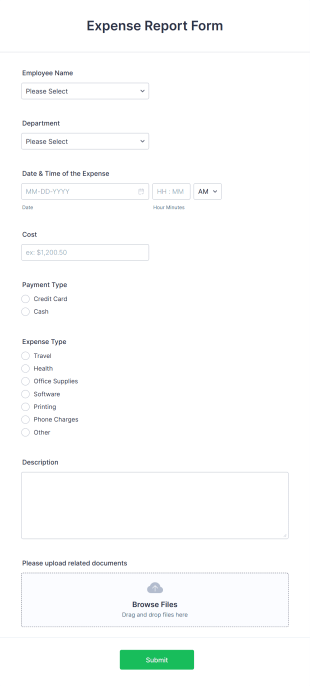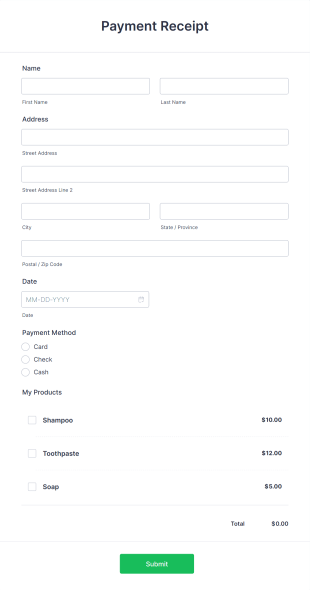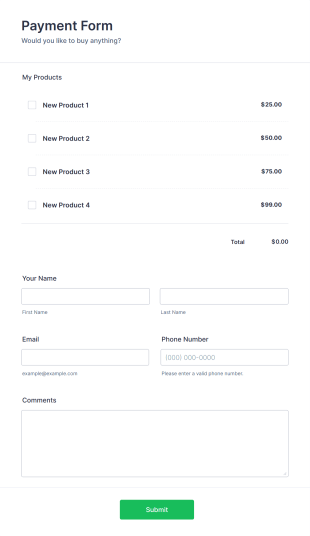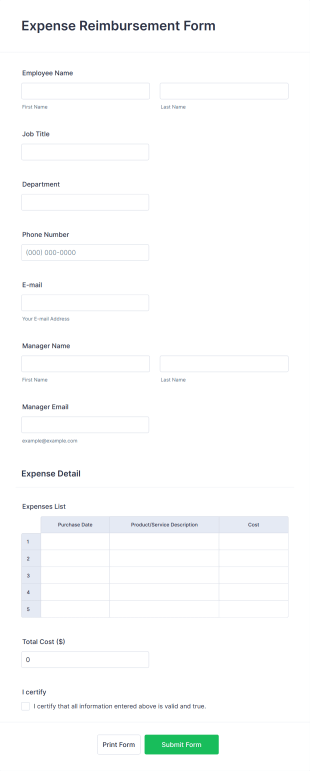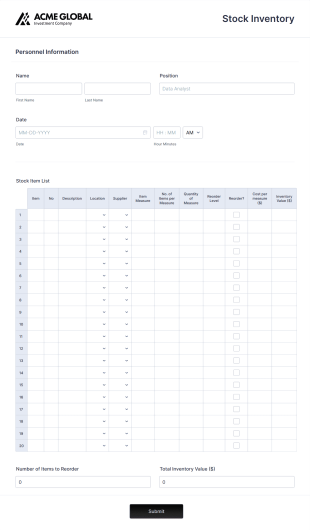Accountant Forms
About Accountant Forms
Securely collect client information for your accounting firm with Jotform’s Accountant Forms. Choose a template below to gather details through — then customize it to match your exact needs with our drag-and-drop builder. With no coding required you can upload your unique logo, change fonts and colors, include an e-signature field, and integrate with 100+ free form integrations to automatically sync data to other platforms. Then embed your form in your company’s website, share it on social media, or email it to clients directly with a copy-paste form link to start collecting responses. Upgrade from messy paper forms to powerful online Accountant Forms to give your clients a smoother experience while creating a secure database of all of your information.
Frequently Asked Questions
1. What is an accountant form?
An accountant form is a digital document used by accounting professionals to collect, organize, and manage financial information from clients or internal teams. These forms can cover a range of tasks, including onboarding, expense tracking, invoicing, and tax preparation.
2. Why are accountant forms important for accounting professionals?
Accountant forms streamline data collection, reduce manual errors, and ensure that all necessary information is gathered efficiently. They help maintain compliance, improve client communication, and support accurate financial reporting.
3. What information is typically collected in accountant forms?
Depending on the use case, accountant forms may collect personal and business details, financial data, receipts, tax identification numbers, payment information, and digital signatures.
4. Are there different types of accountant forms?
Yes, there are various types, including client onboarding forms, expense submission forms, invoice forms, tax forms, payroll forms, and audit checklists, each tailored to specific accounting tasks.
5. Who can use accountant forms?
Accountant forms are suitable for independent accountants, bookkeepers, accounting firms, financial consultants, small business owners, and corporate finance departments.
6. How do accountant forms help with compliance and data security?
Digital accountant forms can be designed to include consent checkboxes, secure file uploads, and encrypted data storage, helping professionals comply with privacy regulations and protect sensitive client information.
7. Can accountant forms be integrated with accounting software?
Yes, many accountant forms can be integrated with popular accounting platforms and payment gateways, allowing for seamless data transfer and improved workflow automation.
8. What privacy measures should be considered when using accountant forms?
It’s important to use secure platforms like Jotform, which offer encryption, access controls, and compliance with data protection standards to safeguard client information and maintain confidentiality.


